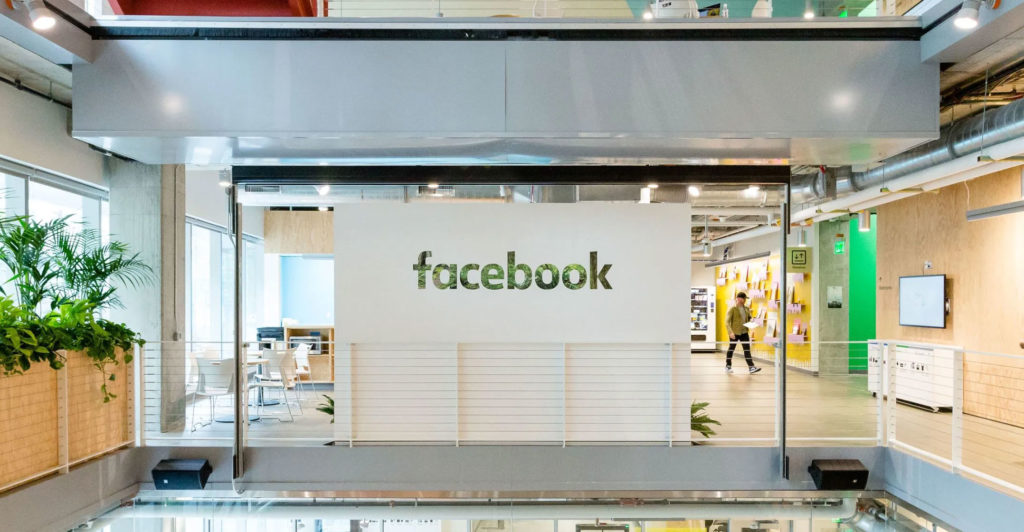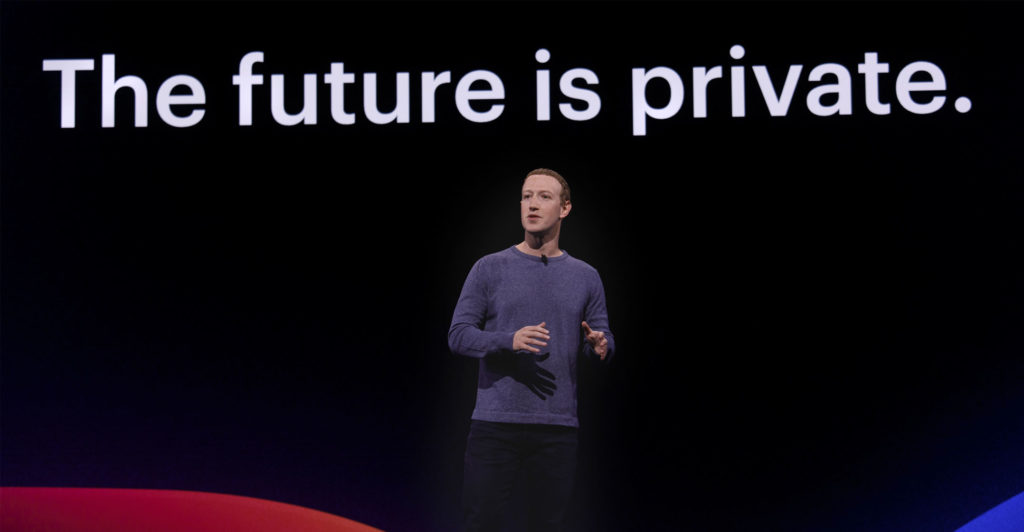 Facebook’s growth is slowing, adding pressure to a company facing more restrictive privacy regulations and continued scrutiny from global lawmakers and antitrust officials.
Facebook’s growth is slowing, adding pressure to a company facing more restrictive privacy regulations and continued scrutiny from global lawmakers and antitrust officials.
The world’s biggest social media company reported record fourth quarter revenue of US$21.1-billion, boosted by ads on Instagram and in video. The 25% increase from the period a year earlier was the slowest-ever quarterly sales growth for Facebook, though it topped analysts’ average estimate of $20.9-billion. Shares fell about 7% in extended trading on the news.
Facebook said it had 2.89 billion monthly active users of its products around the world, but growth stagnated in the US and Canada on the main social network — the primary source of advertising sales. Monthly active users hit 2.5 billion on the main network as of 31 December, slightly topping analysts’ estimate of 2.49 billion.
While Facebook and Google dominate digital advertising sales, Facebook has warned for several quarters that growing at the same rate will be more difficult in the future. The company’s trajectory is limited by the number of world Internet users, most of whom already have an account on Facebook or its WhatsApp, Instagram and Messenger properties. That means finding new revenue streams will be increasingly challenging, requiring experimentation that might not pay off, such as in artificial intelligence, virtual reality and shopping.
What Facebook “has to grapple with is a rising cost framework while each incremental dollar of revenue growth gets tougher”, said James Cakmak, a partner at Clockwise Capital.
Expenses rose 34% to $12.2-billion in the period ended 31 December, the Menlo Park, California-based company said on Wednesday in a statement.
Fewer cheerleaders
The uncertainty about the pace of growth comes as Facebook finds itself with fewer public cheerleaders. The company has been vilified by US presidential candidates while facing new global privacy laws and two federal antitrust probes. CEO Mark Zuckerberg has testified multiple times in the US congress about his company’s stumbles.
Zuckerberg said the company will take a tougher tone with its critics than in the past when Facebook tried to make people happy. “My goal for this next decade isn’t to be liked, but to be understood, because in order to be trusted people need to know what you stand for,” he said on a conference call with analysts.
The CEO said he will continue to push for encrypted messaging, even though critics say it gives criminals a way to hide from law enforcement. He will advocate for people to associate with whomever they want, even though some Facebook groups have been havens for radicalisation and conspiracy theories. And he will support hyper-targeted advertising and advertising in general, he said, so small businesses can have access to the same tools as big brands — and so Facebook remains free of charge to users.

“These positions aren’t always going to be popular, but I think it’s important for us to take these debates head-on,” he said.
Facebook was less willing to talk about what investors really want to know: the details of the company’s ventures into new business lines. Executives didn’t say how Facebook will make money from WhatsApp, or the roll-out of shopping on Instagram, for example.
Chief financial officer Dave Wehner said the quarterly results also don’t reflect the effects of privacy rules like Europe’s General Data Protection Regulation and the California Consumer Privacy Act. Advertisements will get more difficult to target, Wehner said on a conference call. “The majority of the impact lies in front of us.”
Separately, the company disclosed it had agreed to pay $550-million to settle claims its photo-scanning technology violated an Illinois state law. It’s one of the largest consumer privacy settlements in US history, according to lawyers for consumers.
Facebook’s said it had 248 million monthly active users in the US and Canada on its main social network at year’s end, an increase of 2.5% from the period a year earlier and just a million more people than at the end of the previous quarter.
The company’s stock gained 55% in the past year, closing on Wednesday at a record high of $223.23 in New York.
“Facebook stock has had a huge run and investors were hoping for even faster growth, especially in the US,” said Richard Greenfield, an analyst at LightShed. The “bar was high”, he added, citing the stock price heading into the earnings report. “This is not ‘broken’.”
The company reported net income of $7.35-billion, or $2.56/share, compared to $6.88-billion, or $2.38/share, a year earlier. Analysts, on average, estimated $2.53/share. — Reported by Sarah Frier, with assistance from Kurt Wagner and Nancy Moran, (c) 2020 Bloomberg LP

